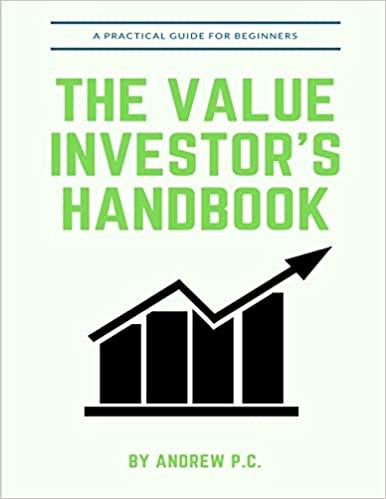Question
Suppose there is an environmental disaster which will occur in 50 years which, it left unchecked will cause $50 trillion of damage. It costs $1
Suppose there is an environmental disaster which will occur in 50 years which, it left unchecked will cause $50 trillion of damage. It costs $1 trillion to prevent now, or we can invest that money
in the economy and earn a certain return r (much like an interest rate). Theoretically, the bigge
economy mignt be able to pav ior the damages.
Use the framework of net present value and cost benent analvsis to analvze whether it is
worthwhie to prevent the disaster now:
Is it worthwhile given r = 0.01?
Is it worthwhile given r = 0.06?
It you haven't already, construct the discount rate d as a function of the interest rate r (1f
you have, just copy it here). What is the smallest d can be where it is worthwhile
d. Suppose there is some uncertainty around the size of the cost 50 vears from now. In other words, the average cost is $50 trillion, but it could be bigger or smaller. How might this change d and why?

Step by Step Solution
There are 3 Steps involved in it
Step: 1

Get Instant Access to Expert-Tailored Solutions
See step-by-step solutions with expert insights and AI powered tools for academic success
Step: 2

Step: 3

Ace Your Homework with AI
Get the answers you need in no time with our AI-driven, step-by-step assistance
Get Started


